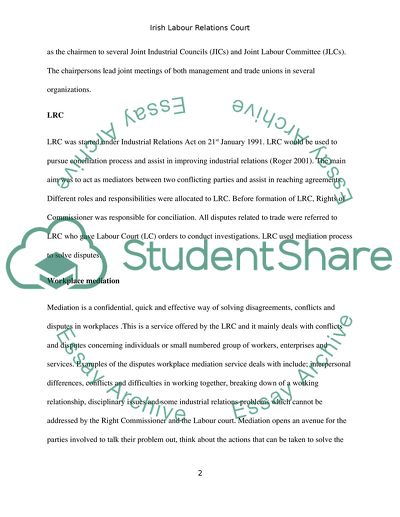Cite this document
(Role of RC and LC in Advancement of Industrial Relations Coursework - 1, n.d.)
Role of RC and LC in Advancement of Industrial Relations Coursework - 1. Retrieved from https://studentshare.org/law/1738237-irish-labour-relations-court
Role of RC and LC in Advancement of Industrial Relations Coursework - 1. Retrieved from https://studentshare.org/law/1738237-irish-labour-relations-court
(Role of RC and LC in Advancement of Industrial Relations Coursework - 1)
Role of RC and LC in Advancement of Industrial Relations Coursework - 1. https://studentshare.org/law/1738237-irish-labour-relations-court.
Role of RC and LC in Advancement of Industrial Relations Coursework - 1. https://studentshare.org/law/1738237-irish-labour-relations-court.
“Role of RC and LC in Advancement of Industrial Relations Coursework - 1”, n.d. https://studentshare.org/law/1738237-irish-labour-relations-court.


